Harmoniemusik was everywhere in 18th century Vienna; small ensembles of wind players performed everything, including arrangements of popular music. Typically a Harmonie ensemble would consist of six or eight wind players in pairs (two oboes, two clarinets, two horns, two bassoons) and writing for them would often having the instruments hunting in pairs during the music. Whilst there were itinerant bands (Mozart in a letter wrote about one appearing outside his lodgings and playing one of his own serenades), there were aristocratic ensembles too, including that of Emperor Joseph II.
Mozart had already written quite a number of wind serenades when in 1781, freelance and newly settled in Vienna having finally managed to engineer his sacking from his employment by the Archbishop of Salzburg, he wrote a new work for wind ensemble, Serenade No. 10 in B flat major. But this is something rather different, for a start it is written for thirteen instruments 2 oboes, 2 clarinets, 2 basset horns, 2 bassoons, 4 horns and double bass. Apart from the double bass (a more flexible instrument than the 18th century double bassoon), the wind instruments are still in pairs, this is Harmoniemusik write large.
In 1784, Mozart's friend clarinettist Anton Stadler (for whom Mozart wrote the Clarinet Concerto in 1791) put on a public concert and four movements from the Gran Partita were performed, 'a great wind piece of a very special kind composed by Herr Mozart'. Thus confusing generations of historians into thinking Mozart wrote the work in 1784 and wrote it in two parts (there are a total of seven movements).
But analysis of the paper of Mozart's manuscript confirms that the work was written in 1781, but we have no idea why. It isn't helped that at some point someone (not Mozart) has scribbled a nick name on the title page, 'Gran Partita'. In fact, his is a misspelling, but it is the name by which the work has come to be known.
Mozart had already explored larger groups of wind instruments, in 1773 he wrote a pair of Divertimenti for a ten-piece Harmonie in Milan, though subsequent wind pieces for Salzburg would be for the more usual sextet (pairs of oboes, horns, bassoons). It is possible that Mozart started writing the Gran Partita when he was in Munich producing Idomeneo (in 1781) for Prince-Elector Karl Theodor's court opera which had recently moved there from Mannheim. Mozart was very impressed with the playing of its oboist Friedrich Ramm. He had presented Ramm with his oboe concerto in Mannheim, and wrote the oboe quartet for him in Munich.
Then again, others have suggested that the work is related to Mozart's marriage in 1782. We will probably never know for certain.
However, there is an opportunity to hear Mozart's Gran Partita, performed in historically informed style by the new historical performance ensemble, Figure. Led by oboist Leo Duarte, Figure perform Mozart's Gran Partita at the Church of St Bartholomew the Great, Smithfield on 19 November 2021.


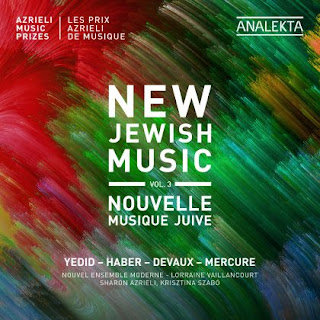
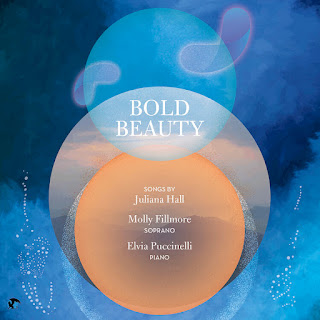






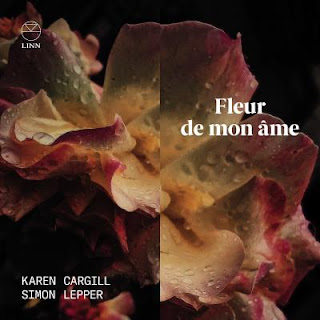

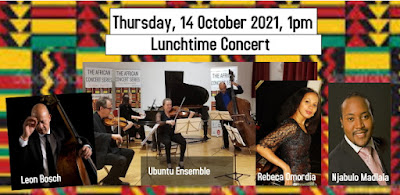








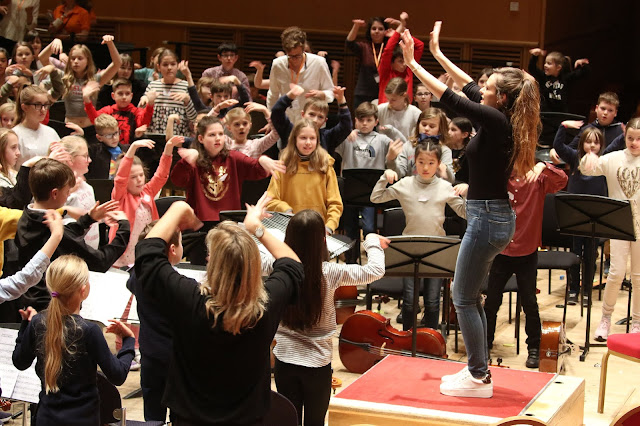


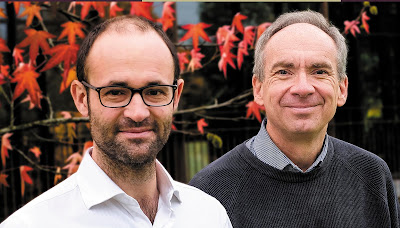








.jpg)








